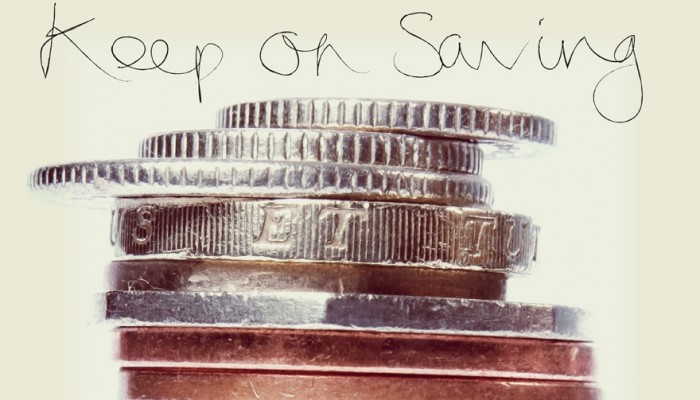- Related Articles
- 6 Alternative Ways To Make Money
- Credit Where It’s Due
- Banking 101
- The Good, The Bad & The Ugly
- Mo’ Money
Time to spice up your sock drawer!
Why Save?
When you borrow money from the bank or Student Loan Company, you pay for the privilege through interest rates and fees. When you keep money in a savings account, the bank pays you, also through interest. As well as earning money on your money, savings give you funds you can have fun with, put you in charge of your spending and, if you’re not hostage to the interest and charges on loans and credit, can even bring down the cost of buying.
The Sock Drawer
There’s nothing wrong with squirreling money away in your sock drawer, but once you get a decent amount you could be losing out on potential interest from the bank. Plus, if anything happens to your drawer (catastrophic sock emergency, say) you’ll lose out entirely, while banks protect anything up to £85k.
Savings Accounts
There are loads of savings accounts out there, the trick is finding one with a decent interest rate. Some accounts come with higher introductory rates for a few months, after which time they revert to something pitiful. Others lock your money away for a set period, during which time you can’t withdraw your money without losing your interest rate. Shop around: see moneysavingexpert.com.
Premium Bonds
Buying Premium Bonds is like putting money in the Government’s sock drawer; you won’t earn any interest but all bonds are entered into a monthly draw to win between £25 and £1m. You might make more money in a regular bank account but, if you like a safe flutter, can pay in £100 at a time and want to keep your money out of temptation’s reach, it could work for you: nsandi.com
ISA
The individual savings account (ISA) is a ‘tax-free’ wrapper which really comes into its own once you’re earning and paying tax (obviously), but you can still make the most of better interest rates and the savings habit in the meantime.
Age Aware
You’ll need to be 16+ to open savings accounts in your own name and, to get the tax-free benefits of an ISA or premium bonds, a UK resident. Everyone can earn up to £12,570 before paying tax on salary or savings, so most first-time students are likely to be non-tax payers anyway. If the bank deducts tax on your interest you can claim it back, or get an R40 (it’s a form, not a vaccine) to get your interest paid in full: hmrc.gov.uk.
“Get a goal. Having something to look forward to is a great motivator for saving up.”
